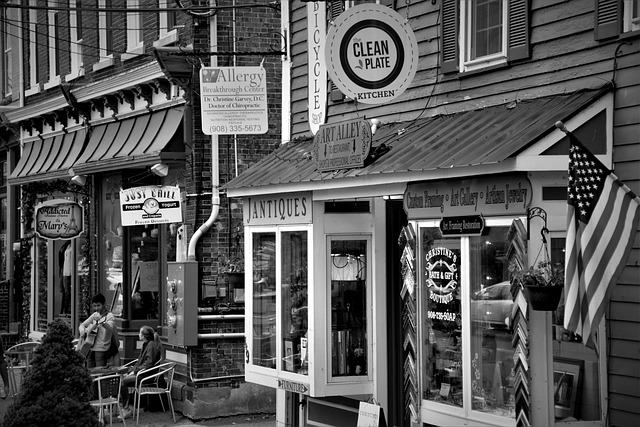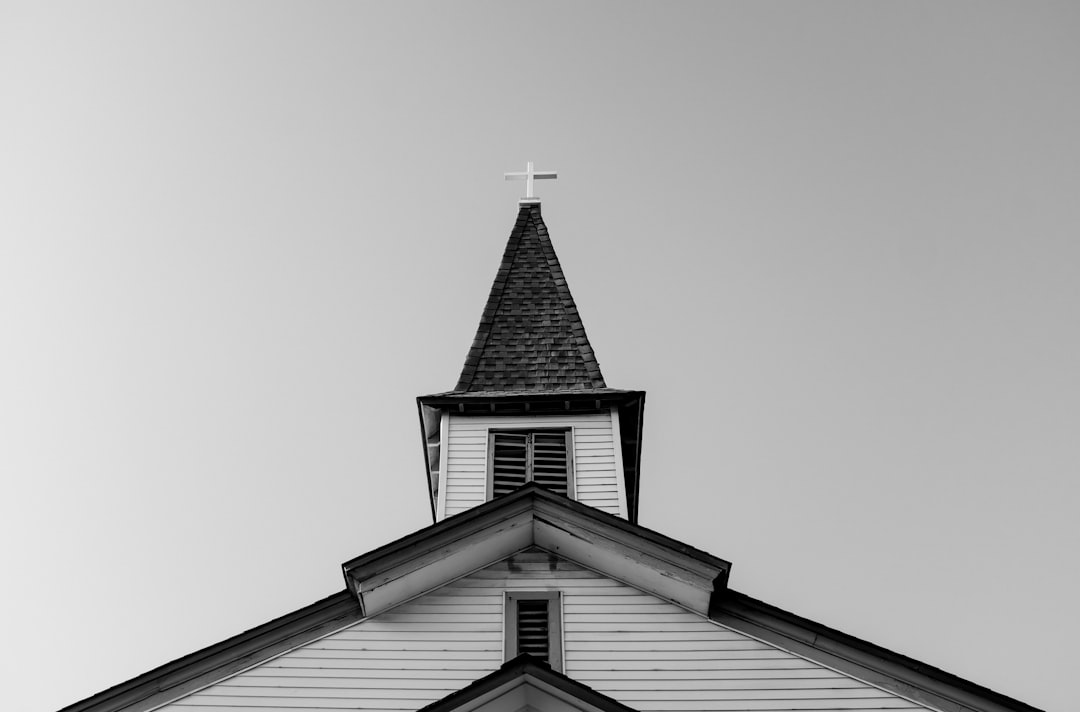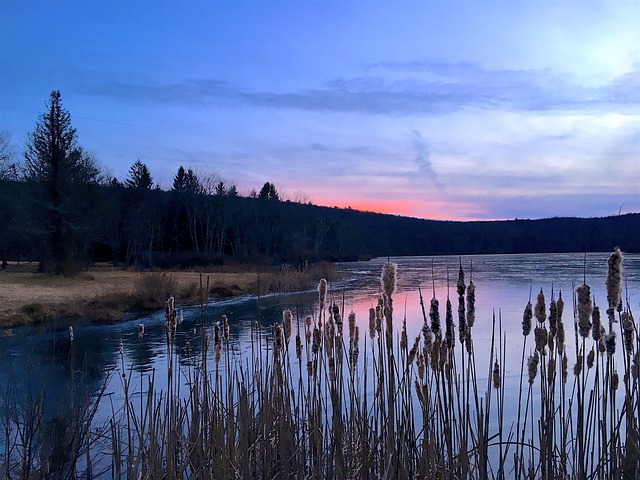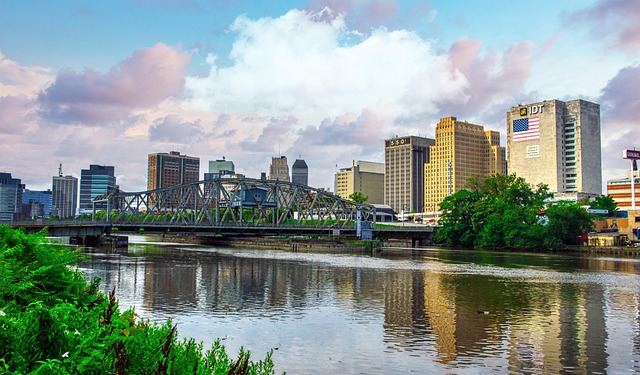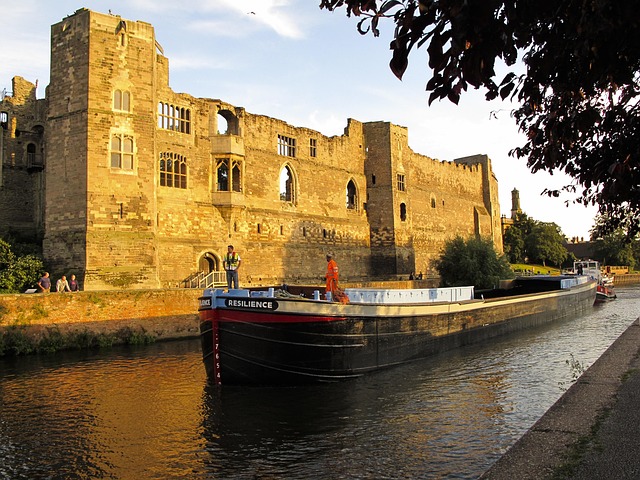Understanding clergy abuse laws is crucial for victims in Newark, NJ, seeking justice. Experienced clergy abuse lawyers navigate complex legal issues, offer expert guidance, and fight for compensation. They empower victims to take proactive steps towards healing and accountability by mastering statute of limitations, jurisdiction, and religious doctrines. These attorneys provide specialized support, ensuring every aspect of a case is meticulously handled, from filing complaints to court trials.
“Seeking justice for clergy abuse? In Newark, NJ, victims have rights, and understanding them is crucial. Our article guides you through the complex landscape of clergy abuse lawsuits, offering insights into your legal options. From navigating the intricacies of Newark’s legal system to finding experienced clergy abuse lawyers, we break down the process. Discover how these attorneys can be your allies in a journey towards resolution. Learn about the steps involved, from filing a complaint to potential outcomes.”
Understanding Clergy Abuse Laws and Your Rights
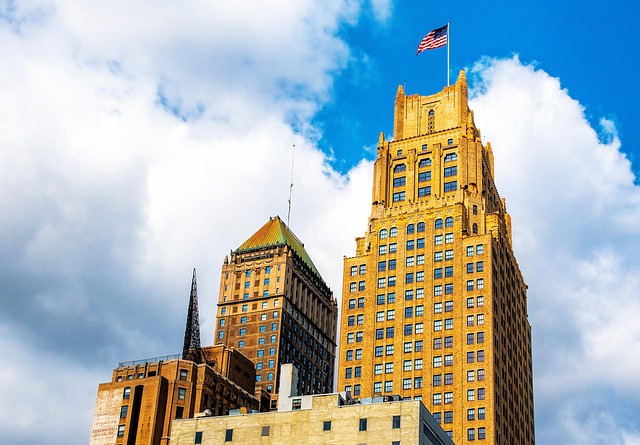
Understanding clergy abuse laws is crucial for victims seeking justice. If you’ve experienced abuse within a religious institution, you have rights, and there are legal avenues to explore. A skilled clergy abuse lawyer in Newark, NJ, can guide you through complex laws and help navigate the process. They will ensure your rights are protected and fight for the compensation you deserve.
In New Jersey, clergy abuse cases often involve allegations of sexual misconduct or emotional harm by religious leaders. The law provides a framework for victims to pursue legal action against churches, religious organizations, or individuals who have perpetrated such acts. Knowing your rights is essential, as it enables you to take proactive steps towards healing and holding the perpetrators accountable.
Navigating Legal Complexities in Newark, NJ

Navigating Legal Complexities in Newark, NJ requires expertise and understanding of the unique challenges presented by clergy abuse cases. These sensitive matters often involve complex legal issues, including statute of limitations, jurisdiction, and the interpretation of religious doctrines. Experienced clergy abuse lawyers in Newark, NJ are well-versed in these complexities, ensuring that clients receive accurate guidance and aggressive representation.
In such a delicate matter, it’s crucial to find a lawyer who not only has deep knowledge of New Jersey laws but also exhibits empathy and discretion. The best attorneys approach each case with a tailored strategy, considering the specific circumstances and goals of their clients. They help victims navigate the legal system, providing them with the strength and support they need to seek justice and closure.
Experienced Attorneys: Your Allies in Justice
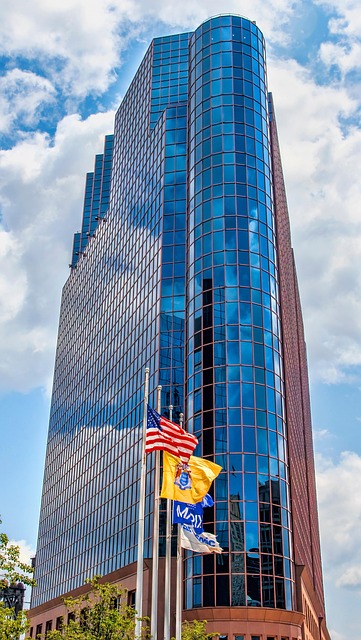
When facing a clergy abuse lawsuit, having experienced attorneys by your side is invaluable. In the complex legal landscape, particularly with sensitive cases like these, skilled professionals can provide guidance tailored to your unique circumstances. The right lawyer will not only understand the intricacies of New Jersey’s laws but also have in-depth knowledge of how such cases are handled, ensuring every aspect of your case receives meticulous attention.
Experienced clergy abuse lawyers in Newark, NJ, offer a range of expertise. They can navigate the emotional and legal challenges you face, providing a supportive environment while employing their extensive resources to build a strong defense or negotiate a fair settlement. These attorneys act as advocates, defenders, and allies, dedicated to securing justice for victims and their families.
The Process: From Complaint to Resolution

When a client decides to take legal action against a religious institution for clergy abuse, the process begins with filing a complaint. A skilled clergy abuse lawyer in Newark, NJ, will gather evidence, interview witnesses, and draft a detailed complaint outlining the allegations. This step is crucial as it sets the foundation for the entire case. Once filed, the defendant will be served with the complaint, prompting them to respond within a specified timeframe.
As the case progresses, both parties will engage in discovery, where they exchange relevant information and documents. This phase can include depositions, where witnesses provide sworn testimony, and expert opinions may be sought to strengthen the case. Negotiations may also occur, aiming to resolve the matter without going to trial. If a settlement is reached, the terms are finalized, and the case is considered resolved. However, if an agreement cannot be reached, the case will proceed to court for a trial, where a judge or jury will decide the outcome based on the presented evidence.
